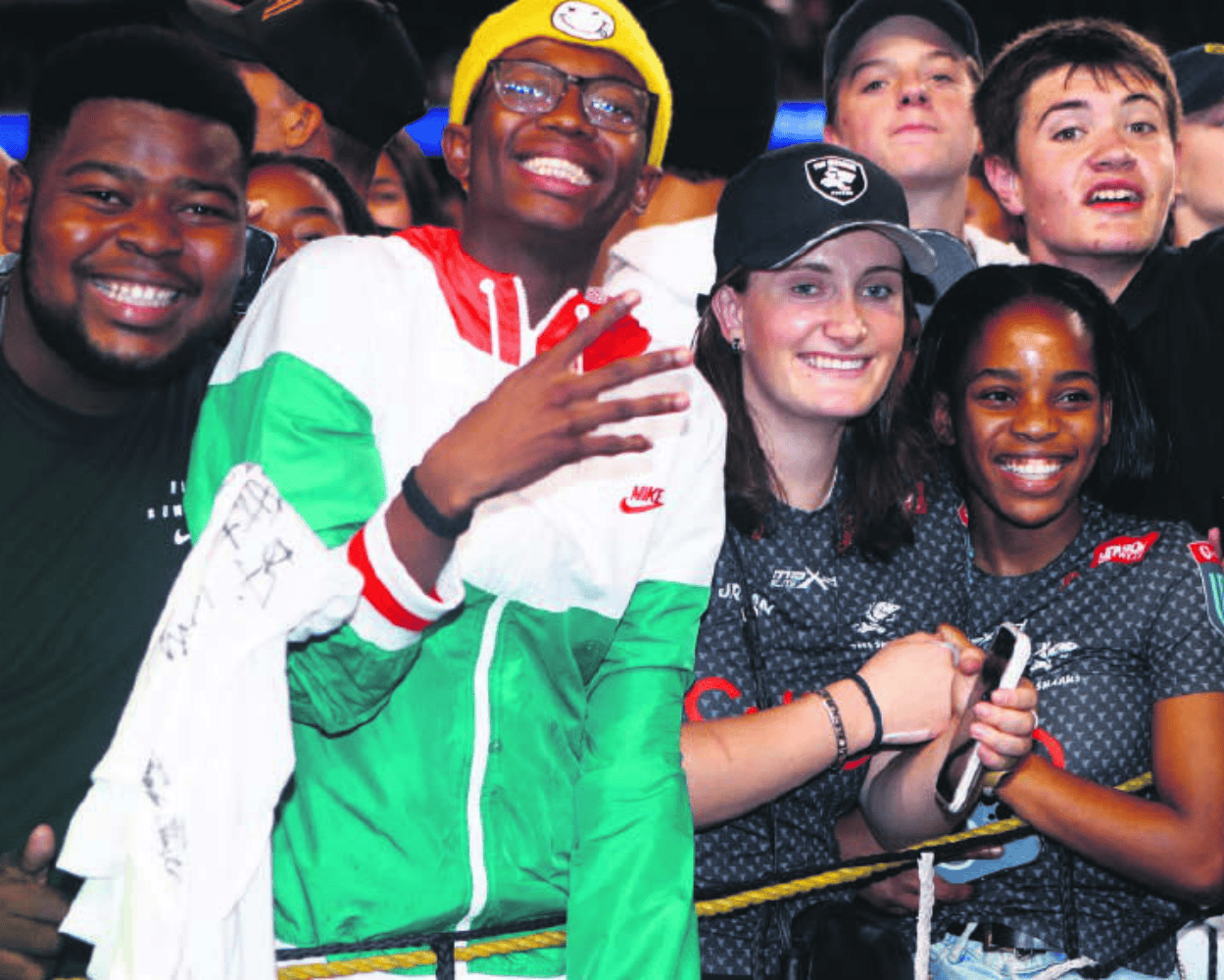Once a home for activists of all races, the ANC now faces an identity challenge as racial divisions in politics deepen.

Does the ANC really need whites in its ranks? ANC Youth League president Collen Malatji sparked this controversial debate when he said he wants to see more racial diversity in the party.
He made the remarks during a youth rally in the Eastern Cape at the weekend, where he expressed concern over the lack of white participation in the youth league.
Malatji questioned why, decades after democracy, young white South Africans are still largely absent from the ANC’s structures, especially considering the pivotal role played by figures like Joe Slovo, Denis Goldberg and other white comrades during the liberation struggle.
“We have to ask ourselves,” Malatji said, “why white youth do not see the ANC as their home any more. Why did they join in the past, and what’s pushing them away now?”
His comments come at a time when South African politics remains racially polarised. While the ANC continues to dominate the black vote, it has seen declining support among other racial groups.
Meanwhile, opposition parties like the DA and Freedom Front Plus (FF+) are struggling with their own identity challenges.
The DA, in particular, appears unsure whether it is a black-led liberal party or a white-dominated opposition.
As Malatji pointed out, the DA “doesn’t know whether it is a black or white party” – an identity crisis that speaks volumes about the broader racial tensions that still shape voter behaviour.
ALSO READ: ‘I don’t see white people here’: Malatji laments lack of diversity in the ANCYL
The ANC, once celebrated as a nonracial movement, was a political home to South Africans of all races during the fight against apartheid.
Leaders such as Slovo, Ruth First and Beyers Naudé symbolised the inclusive, values-driven vision of the ANC.
Today, that image is fading. The ANC’s inability to attract white youth is not just a numbers issue – it is a reflection of a deeper identity crisis and a drift away from its founding ethos.
There are several reasons why white South Africans, particularly the youth, feel disconnected from the ANC today.
First, race-based policies such as affirmative action and broad-based black economic empowerment, though aimed at redressing historic injustices, are often perceived by some as exclusionary or even hostile.
This perception, whether fair or not, creates emotional and ideological distance. Second, the ANC’s track record in governance has hurt its credibility.
Years of corruption scandals, poor service delivery and internal factional battles have driven many away – regardless of race.
For middle-class voters, both black and white, trust in the party’s ability to lead effectively has eroded.
ALSO READ: ‘Extend that apology to black South Africans,’ says ActionSA over Macpherson’s hobo comment
Malatji, however, believes the presence of white voices is essential – not only for symbolic reasons but also for restoring a sense of shared purpose. “Bringing in white youth isn’t about chasing votes,” he said.
“It’s about restoring a vision of unity that was central to the liberation movement.”
In other words, inclusivity strengthens the ANC’s moral and political legitimacy. It reaffirms the principle that the party belongs to all South Africans, not just one group.
Yet despite these intentions, the racial divide in voting remains deeply entrenched. Last year’s general election showed that most South Africans still vote largely along racial lines.
Black voters remain loyal to the ANC, EFF, Inkatha Freedom Party and lately uMkhonto weSizwe party, while the majority of white voters support the DA or FF+.
Coloured and Indian voters are split across smaller parties, often guided by regional or economic concerns.
This racialised voting pattern has been reinforced by South Africa’s unequal society, where race still closely aligns with access to education, wealth and services.
Political parties, whether intentionally or not, often speak past each other – targeting specific racial or cultural groups rather than building a shared national narrative.
ALSO READ: Half a million white South Africans have left the country in 25 years
So what would it take for the ANC – or any party – to truly bridge this divide? First, parties need to rebuild public trust through clean governance, transparency and delivery. Actions speak louder than speeches.
Second, they must embrace inclusive language and stop relying on racial identity as a political tool.
Third, they need to actively engage young people of all races – especially in schools, universities and communities – where future leadership is shaped.
In the past, many whites, coloureds and Indians joined the ANC not just because it was a black-led movement, but because it stood for justice, democracy and human rights.
Today, that moral clarity is harder to find. The ANC will need to rediscover and live out those founding values if it hopes to regain that kind of cross-racial support.
Malatji’s comments, while controversial to some, may be an important reminder that the struggle for a nonracial South Africa is far from over.
Whether the ANC – or any other party – can build a truly inclusive future depends on whether they are willing to listen, reform and lead with integrity.
The road to unity is long. But acknowledging the gap, as Malatji has done, is at least a start.
Support Local Journalism
Add The Citizen as a Preferred Source on Google and follow us on Google News to see more of our trusted reporting in Google News and Top Stories.








